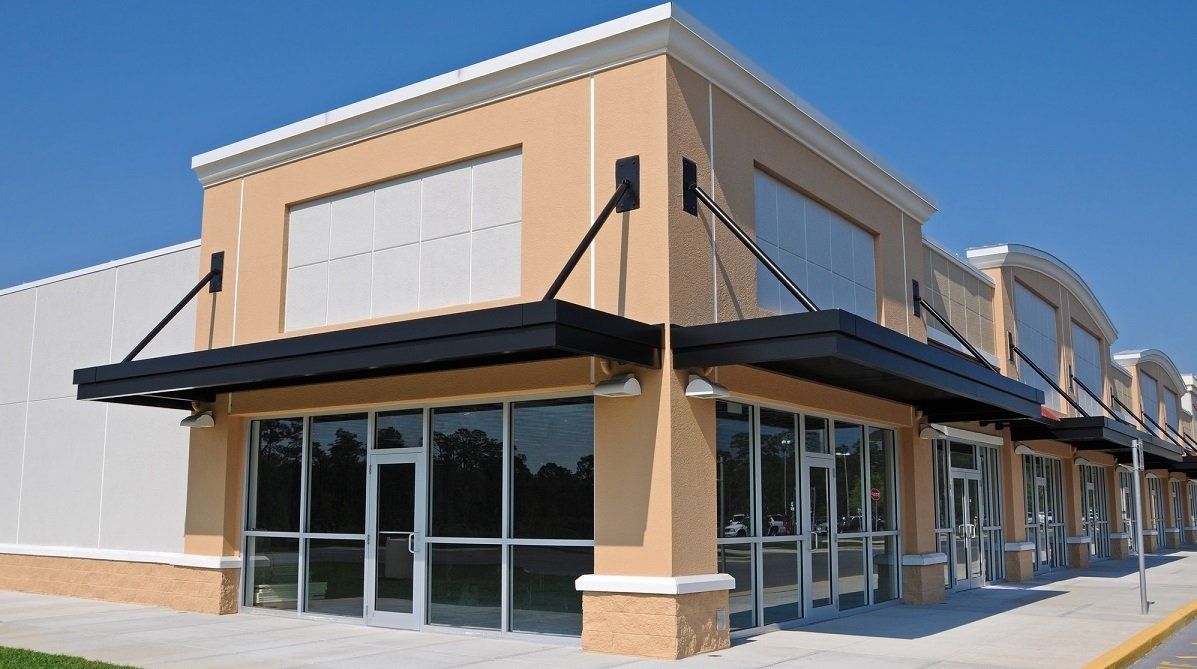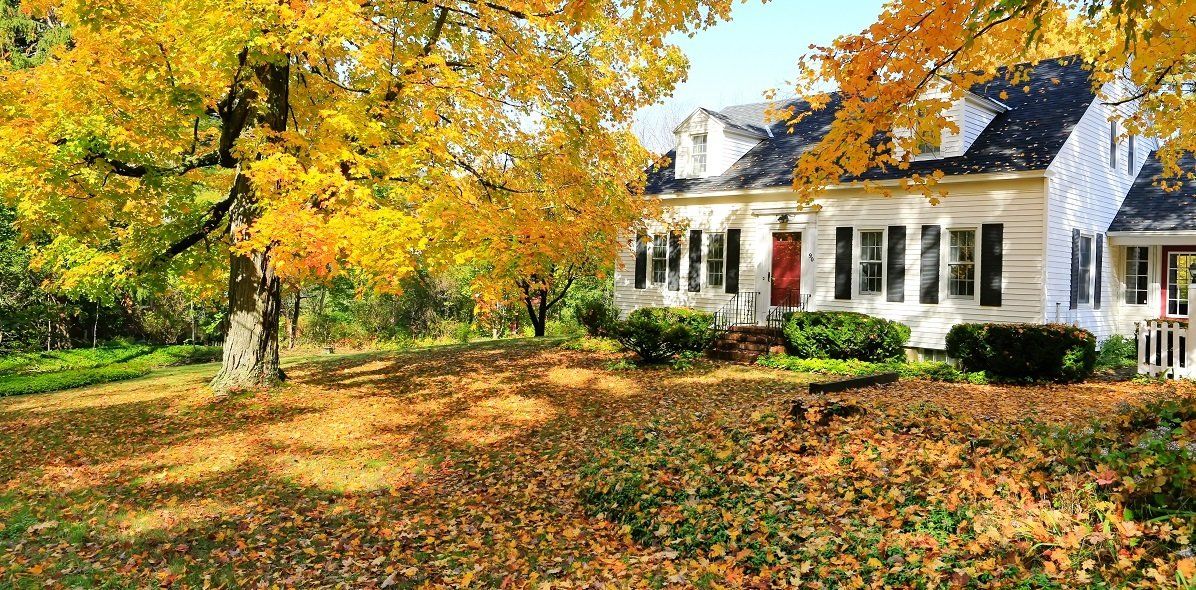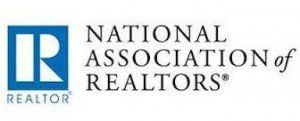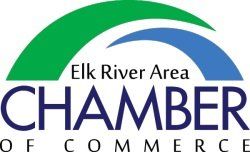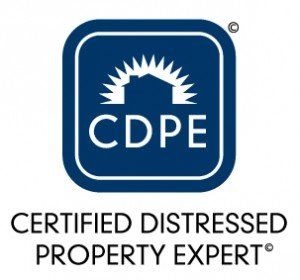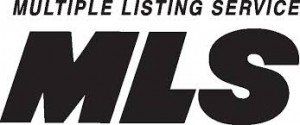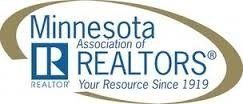How to Rent Out Your House and Buy Another
Have you outgrown your current home, or do you find yourself in a position needing to move and buy a new home? Many persons in this situation are keeping their current property, renting it out, and buying another.
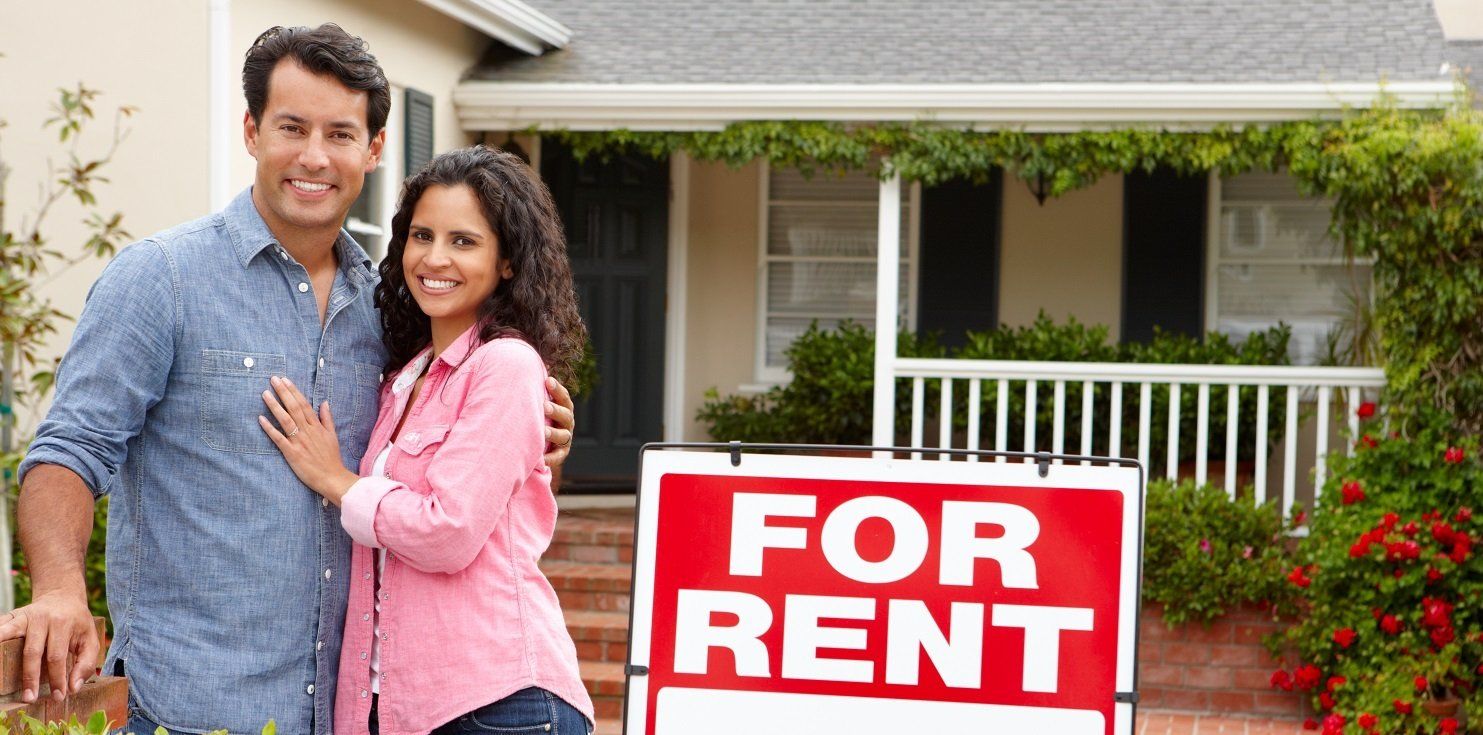
Becoming a landlord certainly isn't for everyone. However, having tenants who pay enough rent to cover your mortgage, increase your equity and possibly give you extra monthly income can be a fantastic investment--for now and when you retire. Keeping your old home as an investment property is one of the easiest ways to become a landlord. Securing a mortgage for a second home is just like the process you went through to buy your first home. Approval depends on your income, savings, down payment, credit rating, and debt-to-income ratios. Buying a second home that you plan to live in doesn't require you to pay a higher down payment or have a certain amount of equity in your existing home; you simply have to prove that you can afford two mortgages.
Before you start shopping for a second home, I've listed 6 important tips to verify you're ready to own a rental property.
Tip #1: Review Your Existing Mortgage
Some mortgages don't allow you to convert your residence into an investment property without paying a penalty or refinancing into a more expensive, non-owner occupied loan. Once you switch your insurance from a homeowner's policy to a landlord or commercial policy, the lender will definitely know that you're not living there anymore. So read your mortgage or call the lender to make sure that you understand what's allowed.
Tip #2: Research the Rent
Never assume you know how much rent you can get for your home. In some areas, the going rent is less than what it costs to own a home. So consult with your local property manager about actual rents that investors are getting for homes similar to yours.
Tip #3: Estimate the Ownership Cost
Once you know how much rent you could charge for your home, subtract your carrying costs. These include all the expenses of owning and managing an investment property--not just your mortgage payment. Get an estimate on a landlord's insurance policy because bad tenants can destroy your home and be a huge liability if something goes wrong. Add up the cost of this insurance and your property taxes--plus, you may need to cover the cost of homeowner's association dues, yard work, pest control, and utilities. Use an Investment Property Calculator to make sure owning a rental would be profitable for you.
Tip #4: Factor in Vacancies
In addition to a rental property's known expenses, always factor in the unknown by using a 10% annual vacancy rate. For example, if you charge rent of $1,000 a month or $12,000 a year, have at least $1,200 ($12,000 x 10%) set aside. That's the minimum cash cushion you should keep on hand to be prepared for unexpected repairs or a tenant who disappears in the middle of the night.
Tip #5: Consider Using a Property Manager
I always recommend that you budget enough to hire an experienced property manager. They charge about 8% to 10% of the rent, but can pay for themselves by getting you the best rental price and saving you time. A good property manager will screen tenants, execute leases, get estimates for repairs, and take annoying late-night emergency maintenance calls and much more. If you decide to manage a rental property yourself, you'll need to understand landlord and tenant laws for the state where your rental property is located.
Tip #6: Get a Mortgage Preapproval
It's never too early to meet with a lender for a free consultation about whether you can afford to buy a new home and keep the old one as a rental. Always get a mortgage pre-approval before you start shopping for your first or second home. Lenders can provide you with a pre-approval letter after they review and verify your financial information. This will indicate the maximum amount you can borrow for a certain period of time. Once you confirm that you can turn your home into a rental, have a realistic expectation of its annual cost, and get your mortgage preapproval to buy a second home, you're on your way to becoming a real estate investor!
Did you know that Acuity Group provides Full Service Property Management Services? Listed below is a brief summary of our services:
- A free rental evaluation to help you maximize your earning potential.
- An effective and comprehensive marketing plan to get your rental in front of the right audience
- Tenant screenings to ensure that we find a reliable, optimal match for your rental
- Management of the finances and contracts involved in the rental
- Ongoing management services including; rent collection, emergency service, maintenance, and tax reporting.
It is our goal to help you grow your investment and see the best possible returns from your property!
If you are thinking of buying, selling, renting your home, or leasing real estate this year we’d love to hear from you! Working with experienced professionals can boost your profits!
Acuity Group
564 Dodge Ave. Suite A
Elk River, MN 55330
763-633-3535
OUR SPECIALTIES:
Residential & Commercial Seller and Buyer Services, Senior Real Estate Specialist, Association Management Services, Property Management Services, Residential Rentals, Residential and Commercial Investment Property Specialists, New Construction, Listing & Marketing Specialists, CDPE (Certified Distressed Property Experts), Short Sale Specialists, REO/Bank Owned Sales. Golf Course Properties, Waterfront Property, Acreage and Farms, Vacant Land, Condos and Townhomes, Industrial/Manufacturing/Retail Properties, Association-Maintained Properties, Senior Housing, Luxury Homes, Vacation and Secondary Housing.
Serving the following Minnesota Counties: Sherburne, Anoka, Wright, Hennepin and portions of Mille Lacs and Isanti Counties
Contact Us

